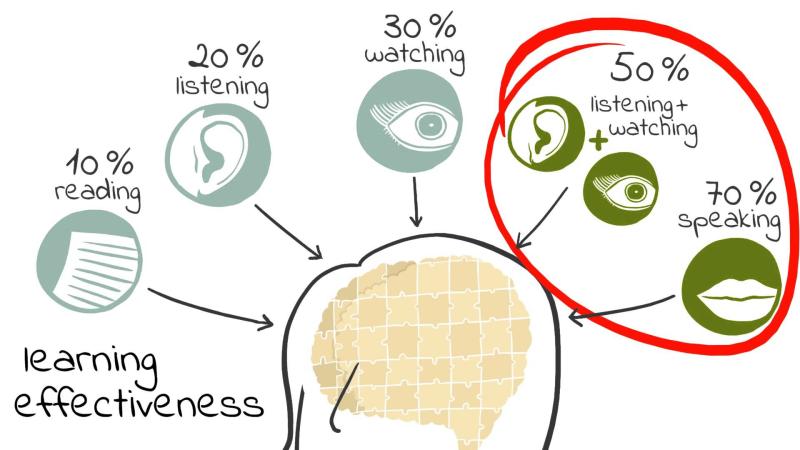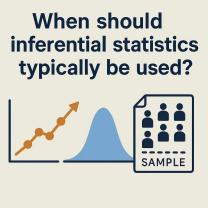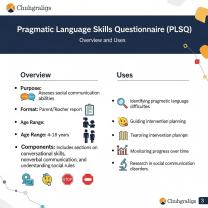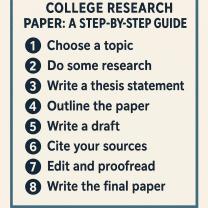What are the benefits of informal learning?
Informal learning, which occurs outside formal educational settings and structured curriculum, offers numerous advantages that contribute to personal growth, skill development, and knowledge acquisition. Here are some benefits of informal learning:
Flexibility and Autonomy: Informal learning allows individuals to learn at their own pace, focusing on areas of personal interest and relevance. There are no rigid schedules or predefined curricula, offering greater flexibility and autonomy in the learning process.
Real-World Application: Informal learning often involves practical, real-life experiences. Learning through hands-on activities, experimentation, and problem-solving fosters a deeper understanding of concepts and their practical application.
Diverse Learning Opportunities: Informal learning takes place in various settings, including social interactions, online resources, communities of practice, hobbies, workshops, and more. This diversity exposes individuals to different perspectives and learning styles.
Continuous Learning: Informal learning encourages a lifelong learning mindset. It's not confined to specific stages of life or formal education. People continue to learn and grow by exploring new interests and acquiring skills throughout their lives.
Engagement and Motivation: Learning based on personal interests tends to be more engaging and motivating. When individuals have a genuine interest in a subject or activity, they are more likely to remain curious, motivated, and invested in the learning process.
Adaptability and Resilience: Informal learning cultivates adaptability and resilience as individuals encounter new challenges, experiment with different approaches, and learn from both successes and failures.
Social Interaction and Networking: Informal learning often involves collaboration, discussion, and sharing knowledge with others. This fosters social connections, networking, and the exchange of ideas, creating a rich learning environment.
Personalized Learning: Informal learning allows individuals to tailor their learning experiences to suit their specific needs, learning styles, and goals, leading to a more personalized and effective learning journey.
Cost-Effectiveness: Many informal learning opportunities, such as online resources, forums, or community events, are often free or low-cost, making learning accessible to a wider audience.
Informal learning complements formal education and provides individuals with continuous opportunities to expand their knowledge, skills, and capabilities in diverse and meaningful ways, enhancing personal and professional development throughout life.
Advantages of informal learning approaches
Informal learning, which occurs outside formal educational settings and structured curriculum, offers numerous advantages that contribute to personal growth, skill development, and knowledge acquisition. Here are some benefits of informal learning:
Flexibility and Autonomy: Informal learning allows individuals to learn at their own pace, focusing on areas of personal interest and relevance. There are no rigid schedules or predefined curricula, offering greater flexibility and autonomy in the learning process.
Real-World Application: Informal learning often involves practical, real-life experiences. Learning through hands-on activities, experimentation, and problem-solving fosters a deeper understanding of concepts and their practical application.
Diverse Learning Opportunities: Informal learning takes place in various settings, including social interactions, online resources, communities of practice, hobbies, workshops, and more. This diversity exposes individuals to different perspectives and learning styles.
Continuous Learning: Informal learning encourages a lifelong learning mindset. It's not confined to specific stages of life or formal education. People continue to learn and grow by exploring new interests and acquiring skills throughout their lives.
Engagement and Motivation: Learning based on personal interests tends to be more engaging and motivating. When individuals have a genuine interest in a subject or activity, they are more likely to remain curious, motivated, and invested in the learning process.
Adaptability and Resilience: Informal learning cultivates adaptability and resilience as individuals encounter new challenges, experiment with different approaches, and learn from both successes and failures.
Social Interaction and Networking: Informal learning often involves collaboration, discussion, and sharing knowledge with others. This fosters social connections, networking, and the exchange of ideas, creating a rich learning environment.
Personalized Learning: Informal learning allows individuals to tailor their learning experiences to suit their specific needs, learning styles, and goals, leading to a more personalized and effective learning journey.
Cost-Effectiveness: Many informal learning opportunities, such as online resources, forums, or community events, are often free or low-cost, making learning accessible to a wider audience.
Informal learning complements formal education and provides individuals with continuous opportunities to expand their knowledge, skills, and capabilities in diverse and meaningful ways, enhancing personal and professional development throughout life.












